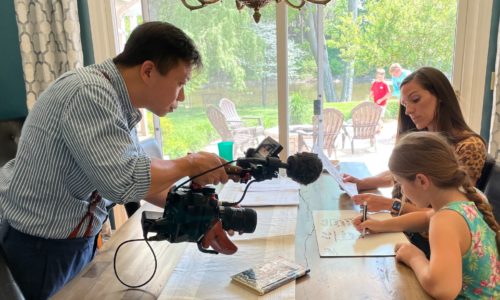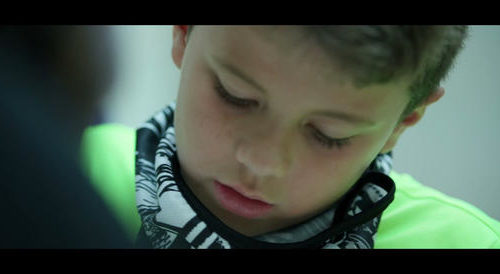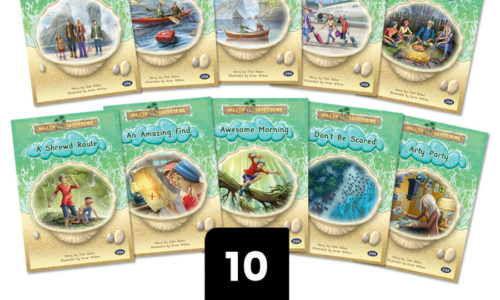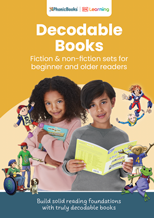Scaffolding the teaching of multisyllabic words – simple to complex Many teachers are focused on teaching kids how to sound out graphemes (spellings) and to blend sounds together into words. They will even be teaching kids how to manipulate phonemes in phonemic awareness activities. These are all essential underlying skills necessary for learning to read. …
Read MoreReading Difficulties
The Truth About Reading Part 3, Filming gets underway

In Part 3 of this series of guest blogs by Nora Chahbazi, literacy consultant (pro bono) via the John Corcoran foundation to The Truth About Reading documentary team and Founder of EBLI, talks about the emotional impact the production of the documentary had on many of the team. In previous posts, I’ve shared how the documentary came to be…
Read MoreThe Truth about Reading Part 2 – Why a literacy documentary?

In Part 2 of this series of guest blogs by Nora Chahbazi, literacy consultant (pro bono) via the John Corcoran foundation to The Truth About Reading documentary team and Founder of EBLI, looks at the reasons behind the decision to produce a critical documentary in light of the current national literacy crisis. “US scores show only…
Read MoreThe Truth About Reading – A documentary feature film on lack of literacy in America

Emmy® Award-winning Director, Nick Nanton has signed on to direct a new documentary feature film from DNA Films® in partnership with the John Corcoran Foundation™ that aims to change the conversation around literacy through highlighting illiteracy, sub-literacy, and learning disabilities, including dyslexia. This guest blog by Nora Chahbazi, literacy consultant (pro bono) via the John Corcoran…
Read MoreDoes interplay between children and their environment shape the development of reading skills?
An interview with a developmental cognitive neuroscientist Ola Ozernov-Palchik is a postdoctoral associate at the McGovern Institute for Brain Research at the Massachusetts Institute of Technology (MIT) and a lecturer and program director at the Harvard Graduate School of Education. She applies neurocognitive methods to investigating individual differences in dyslexia in emerging readers. She…
Read MoreBooks to engage and motivate older, struggling readers

Older, struggling readers often have gaps in the their phonics knowledge. They find alternative spellings particularly confusing. Many suffer from low self-esteem so offering them decodable materials that are age-appropriate is vital. Vital because if the reading materials can engage the disaffected reader, his/her motivation to try and read will grow. Without motivation it is…
Read MorePhonic Books is Going Red for the Month of October!

What is all this ‘going red’ about? Go Red is a community of passionate individuals and organizations that campaign to promote literacy and a greater understanding of dyslexia. Being able to read and write is something most of us take for granted. Dyslexia Awareness Month shines a light on the 1 in 10 children who…
Read MoreDictation is a great activity for emerging spellers
Most teachers approach teaching in a child-centered way so dictation goes against the grain. It may seem old-fashioned and yes, a bit dictatorial. But actually, is it a really powerful tool which is particularly useful for struggling or emerging readers and spellers. What more, kids enjoy it because it consolidates their learning and they experience…
Read MoreThe conveyor belt from reading difficulties to prison
Emily Hanford’s most recent podcast, an audio documentary called What Words Say, is a must listen. Hanford explains how reading difficulties often find expression in bad behavior, and she points out that children of color who struggle with reading don’t typically get the help that white children do. Almost all the kids in the…
Read MoreHow we can help kids to self-teach themselves to read
Have you ever wondered how kids can read words they haven’t been taught to read? I recently came across the ‘Self Teaching Hypothesis’ Share,1955. This hypothesis explains how kids use the sounds/spellings they have been taught and apply them to figure out new words. What does this theory say? “According to this hypothesis, beginning readers…
Read More
